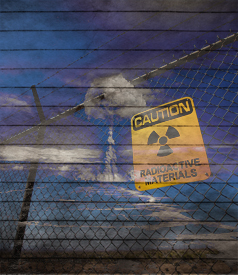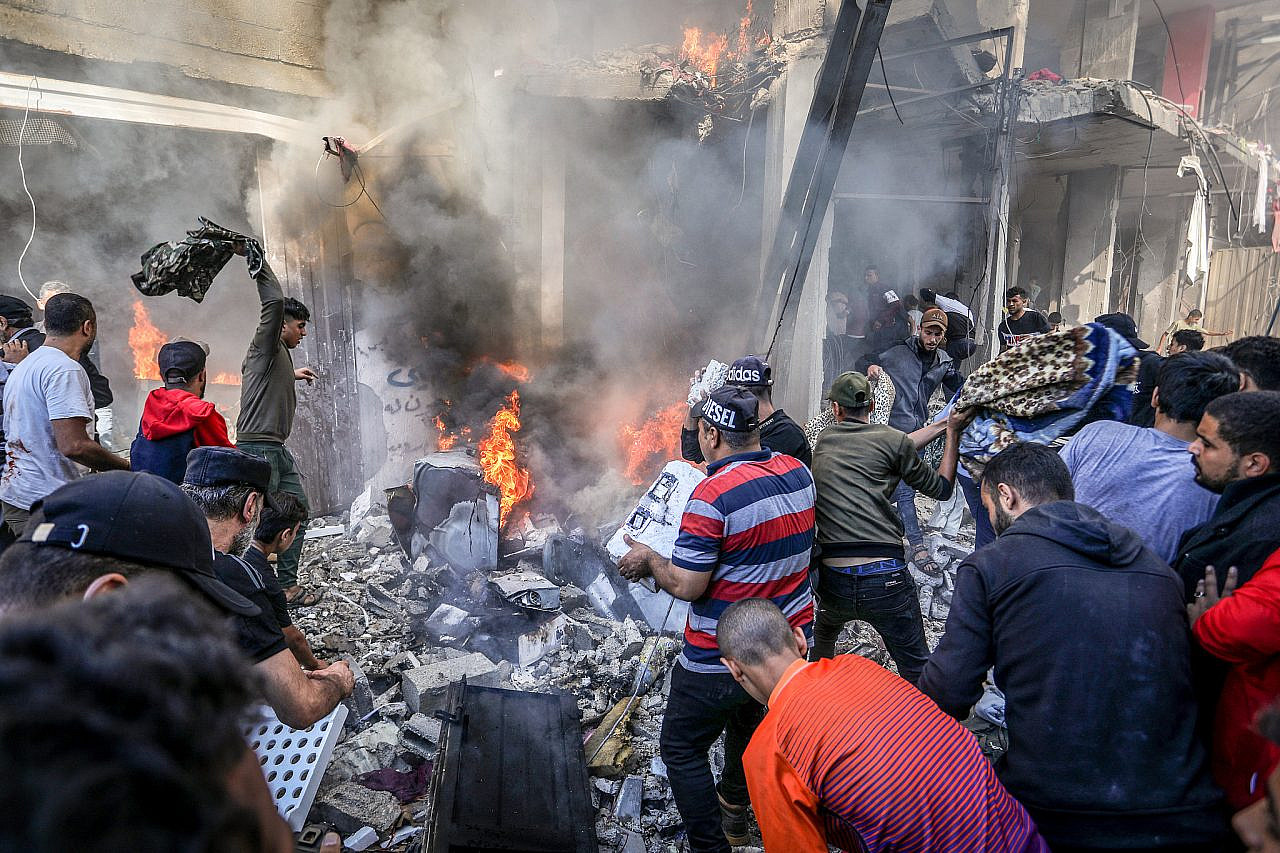 Since 2007, the International Atomic Energy Agency (IAEA) - with the support of the United States, Israel and European allies UK, France and Germany - has been demanding that Iran explain a set of purported internal documents portraying a covert Iranian military program of research and development of nuclear weapons.
Since 2007, the International Atomic Energy Agency (IAEA) - with the support of the United States, Israel and European allies UK, France and Germany - has been demanding that Iran explain a set of purported internal documents portraying a covert Iranian military program of research and development of nuclear weapons.
The "laptop documents," supposedly obtained from a stolen Iranian computer by an unknown source and given to US intelligence in 2004, include a series of drawings of a missile re-entry vehicle that appears to be an effort to accommodate a nuclear weapon, as well as reports on high explosives testing for what appeared to be a detonator for a nuclear weapon.
In one report after another, the IAEA has suggested that Iran has failed to cooperate with its inquiry into that alleged research, and that the agency, therefore, cannot verify that it has not diverted nuclear material to military purposes.
That issue remains central to US policy toward Iran. The Obama administration says there can be no diplomatic negotiations with Iran unless Iran satisfies the IAEA fully in regard to the allegations derived from the documents that it had covert nuclear weapons program.





 The United States will mark the 84th anniversary of the Japanese attack on the U.S. naval...
The United States will mark the 84th anniversary of the Japanese attack on the U.S. naval... In 2021, a book titled “The Human-Machine Team: How to Create Synergy Between Human and Artificial...
In 2021, a book titled “The Human-Machine Team: How to Create Synergy Between Human and Artificial...:focal(1285x1016:1286x1017)/https://tf-cmsv2-smithsonianmag-media.s3.amazonaws.com/filer_public/d1/4e/d14ed238-3b62-4506-9f53-fc2178dade60/nov2025_d17_prologue.jpg) In the fall of 1945, a bit more than six years after Nazi Germany invaded Poland...
In the fall of 1945, a bit more than six years after Nazi Germany invaded Poland... The last plane carrying U.S. forces left Afghanistan on Monday, meeting an Aug. 31 deadline to withdraw...
The last plane carrying U.S. forces left Afghanistan on Monday, meeting an Aug. 31 deadline to withdraw...






























